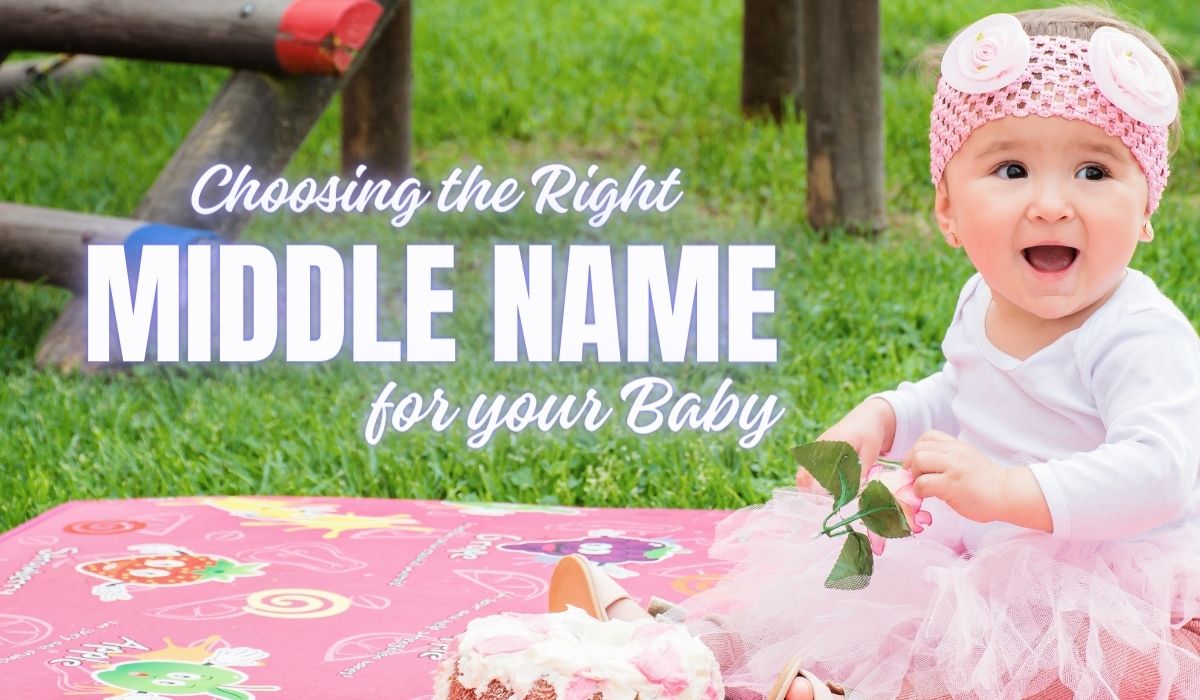Choosing the Right Middle Name for Your Baby

Naming your baby is a cherished moment that transcends cultural boundaries, and selecting the perfect middle name can be as meaningful as choosing the first name. The middle name offers an opportunity to pay homage to traditions, honor family legacies, or simply add depth and significance to your child’s name. In this blog, we will discuss the art of selecting the ideal middle name for your baby, taking into consideration various naming practices across major religions.
Christian Middle Names
For Christian families, middle names often hold special significance. They can honor saints, biblical figures, or beloved family members. A common practice is to choose a middle name that aligns with the family’s faith. For instance, a popular middle name for boys is “James,” paying homage to the apostle. For girls, “Grace” is a timeless choice, symbolizing divine favor. These middle names seamlessly complement the first name and reinforce the family’s Christian identity.
Islamic Middle Names
In the Islamic tradition, middle names provide an opportunity to reflect religious beliefs and values. It’s common to use “Abdul” (meaning “servant of”) followed by one of the 99 names of Allah as a middle name for boys, such as “Abdul Rahman” (servant of the Most Compassionate). For girls, names like “Amina” (meaning “trustworthy”) or “Nour” (meaning “light”) are popular choices. These Muslim names carry profound spiritual significance and complement the first name beautifully.
Hindu Middle Names
Hindu naming customs vary widely, and middle names can be an extension of the child’s first name or an opportunity to celebrate cultural heritage. Families may choose middle names inspired by deities, qualities, or even ancestral names. For example, the middle name “Krishna” (after Lord Krishna) or “Anand” (meaning “joy”) adds depth to a Hindu child’s name. These middle names enrich the overall name while respecting Hindu traditions.
Jewish Middle Names
Jewish naming traditions emphasize continuity and honoring family heritage. Many Jewish families choose middle names to commemorate deceased relatives, keeping their memory alive. Middle names like “David” or “Ruth” pay tribute to biblical figures and family legacies. This practice connects generations and ensures that the child’s name reflects their Jewish identity.
Conclusion
Choosing the right middle name for your baby is a unique and deeply personal decision, shaped by cultural, religious, and familial considerations. Whether you are following Christian, Islamic, Hindu, Jewish, or any other naming tradition, the ideal middle name enhances the child’s identity, carries personal significance, and connects them to their heritage. As you embark on this naming journey, remember that the perfect middle name resonates with your family’s values and traditions, creating a meaningful and lasting name for your beloved child.



